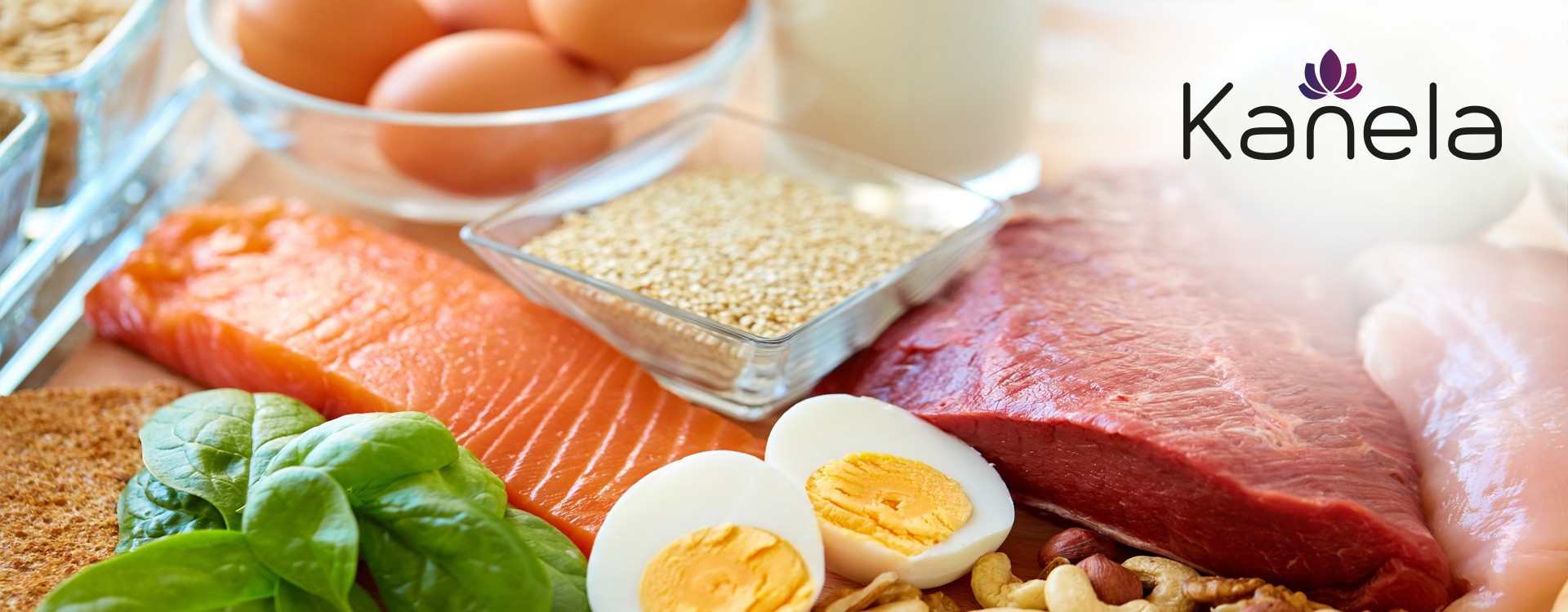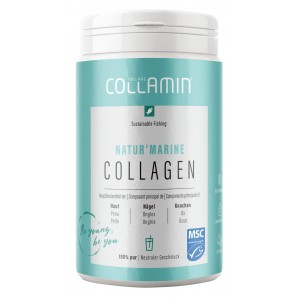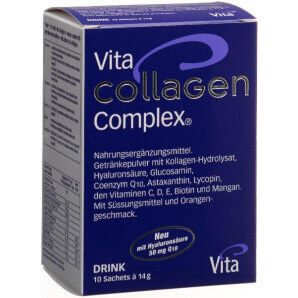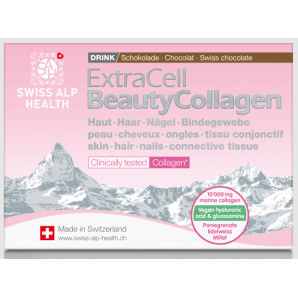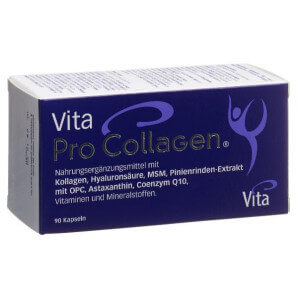-
nutrition
-
Food Supplement
- nutritional supplements by topic
- amino acids
- Minerals
- vitamin preparations
- Fatty acids
-
superfood supplements
- acerola
- aronia
- artichoke preparations
- ashwagandha
- astaxanthin
- brewer's yeast
- bee pollen
- camu camu
- chlorella
- spelled grass
- echinacea
- barley grass
- ginkgo
- grapefruit seed extract
- guarana
- green-lipped mussel
- ginger preparations
- garlic capsules
- turmeric Supplements
- maca
- moringa
- OPC
- roseroot
- saffron preparations
- spirulina
- préparations de la griffe du diable
- medicinal mushrooms
- frankincense preparations
- wheatgrass
-
Food
- healthy snacks
-
beverages
- soft drinks
- Coffee
- milk substitute
- whey drinks
- Juice
- syrup
-
tea
-
various types of tea
- nettle tea
- chai tea
- verbena tea
- fennel tea
- lady's mantle tea
- fruit tea
- green tea
- rosehip tea
- hemp tea
- hibiscus tea
- elderflower tea
- ginger tea
- camomile tea
- herbal tea
- lavender tea
- lime blossom tea
- dandelion tea
- mate tea leaves
- melissa tea
- mint tea
- oolong tea
- orange blossom tea
- marigold tea
- rooibos tea
- rosemary tea
- sage tea
- yarrow tea
- black tea
- licorice tea
- thyme tea
- verbena tea
- alkaline tea
- relaxation tea
- women tea
- love tea
- sleep tea
- pick-me-up tea
- tea selection boxes
- digestive tea
- christmas tea
- winter tea
-
various types of tea
- chewing gums & bonbons
- gluten Free Foods
- cooking & baking
- muesli
- sweets
- diet products
-
Food Supplement
-
sport
- fitness & gymnastics
- muscle / joint pain
- outdoors & camping
- racket sports
- sports nutrition
- Sport drinks
- sports drinking bottles
- water sports & fun
-
personal care
- bath & shower
- fragrances
- facial skincare
- haircare
- hands & feet
- body & skincare
- intimate care
- make-up
- mouth & teeth
-
Health
- allergies & skin diseases
- bladder & prostate
- Diabetes
- blood circulation
- Withdrawal
- Cold & Flu
- Equipment & Fasttests
- hygiene & medical supplies
- Incontinence
- Love Life
- Stomach & Gut
- Restlessness & Sleep Disorders
- Wound care
-
Mother & Kids
- Pregnancy
- Breastfeeding
- baby
- kids
-
home use
- bathroom accessories
- office supplies
- electrical supplies
- garden & pests
- pillows & Blankets
- kitchen utensils
- lamps
- party items
- room fragrances
- cleaning products
- textiles
- pet supplies
Which foods stimulate collagen formation?
The most important things in brief
- Collagen is the structural protein that makes up 25 to 30 percent of all proteins in our body.
- The body produces it itself, but from the age of 25 the organism slows down production little by little.
- It is all the more important that we eat right.
- Because there are certain foods that support and even accelerate the formation of collagen.
If we produce too little collagen, this will be noticeable externally in good time. Our cheeks sag, the pores of the skin clog. In addition, the skin is constantly sagging and sagging - and the first wrinkles appear. But these are only the visible symptoms. Because collagen also has to do a great job inside the body.
Collagen is needed in many places
Because there, in the body, collagen is needed. From our tendons and ligaments, muscles and bones, joints and tissue. Our teeth also benefit from the protein. Collagen ensures that these components, which we need for our movement, remain stable. Conversely, this means that a lack of collagen leads to bones becoming brittle, ligaments tearing more easily and joints being susceptible to injury.
Every year the organism reduces the production of collagen by about one percent. This means that by the age of 75, the body is only making half the amount of collagen it was making at 25. This isn't a process that can be stopped in general, but we can still start helping the body produce collagen early on. And that is through a healthy and conscious lifestyle, which of course also includes nutrition.
What you should avoid...
There are three factors in particular that have a very bad effect on the body's ability to produce collagen itself. First and foremost, industrial sugar is a real obstacle. So avoid too many sweets. The same applies to alcohol, which also significantly inhibits collagen production in the body.
Additionally, nicotine is blacklisted if you don't want to burden collagen formation on top of age-related throttling. In the case of sugar, alcohol and nicotine, however, it is not really surprising that they have a negative effect on collagen formation - after all, we know that these substances are inherently unhealthy. However, there are actually foods that you can use to fuel collagen production.
...and which foods support collagen formation
Amino acids are extremely valuable for boosting production, especially glycine, lysine and hydroxyproline. These support the synthesis of collagen. The substances are contained in fish, beef broth, chicken, lean beef and green leafy vegetables, such as rocket, lettuce, lamb's lettuce, spinach or chard.
Collagen formation itself improves when you consume zinc, organic sulfur, copper and vitamins, especially vitamin C and vitamin E. There are a number of foods that contain at least one of these substances. Peppers, citrus fruits, blueberries, raspberries and blackberries, for example, are particularly valuable, as are avocados, legumes, pumpkin seeds, nuts and poppy seeds. And even if they are not on the regular menu: From time to time oysters are highly recommended in this context.
Related products
Related posts
-
 Which vitamins are important in winter?
All vitamins are important - all year round. In winter, however, some of these active ingredients are particularly...Read more
Which vitamins are important in winter?
All vitamins are important - all year round. In winter, however, some of these active ingredients are particularly...Read more -
 What are the symptoms of a vitamin D deficiency?
Are you unmotivated, tired, sleepless and listless in autumn and winter? Vitamin D deficiency could be a reason for...Read more
What are the symptoms of a vitamin D deficiency?
Are you unmotivated, tired, sleepless and listless in autumn and winter? Vitamin D deficiency could be a reason for...Read more -
 Hygiene and face masks - what types are there?
Posted in: Health20.10.2020Hygiene and protective masks have always been useful in hospitals, in medical practices and in care, Corona has made...Read more
Hygiene and face masks - what types are there?
Posted in: Health20.10.2020Hygiene and protective masks have always been useful in hospitals, in medical practices and in care, Corona has made...Read more -
 What are insomnia and what can you do about it?
Posted in: Health23.10.2020Sleeping seems like a simple thing. And yet many people suffer from insomnia, difficulty falling asleep and staying...Read more
What are insomnia and what can you do about it?
Posted in: Health23.10.2020Sleeping seems like a simple thing. And yet many people suffer from insomnia, difficulty falling asleep and staying...Read more -
.jpg) FFP1, FFP2, FFP3 - what are the differences between the masks?
Posted in: Health23.10.2020The FFP mask can now be seen more and more often in public, no longer just in nursing or in the medical field. Not...Read more
FFP1, FFP2, FFP3 - what are the differences between the masks?
Posted in: Health23.10.2020The FFP mask can now be seen more and more often in public, no longer just in nursing or in the medical field. Not...Read more



